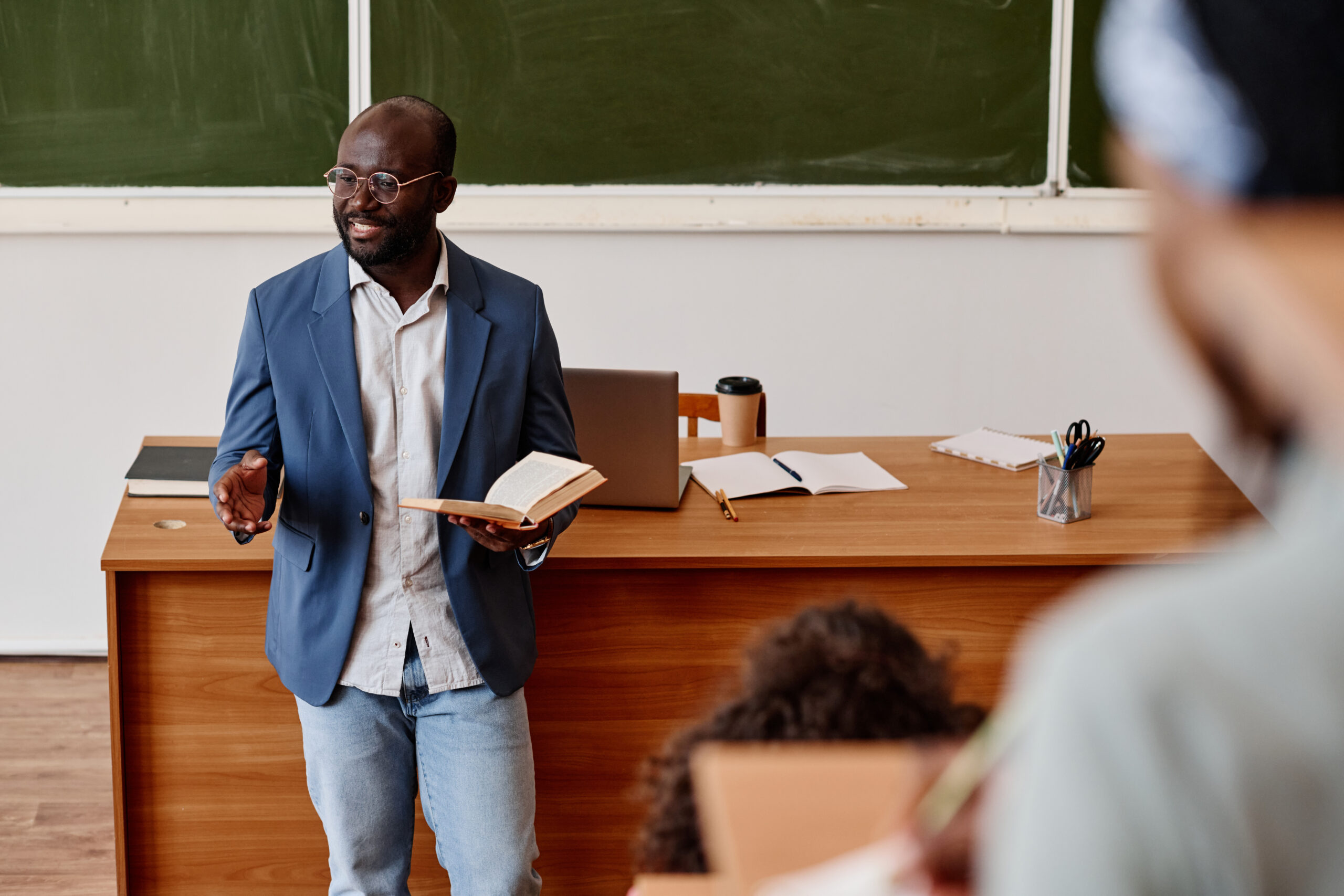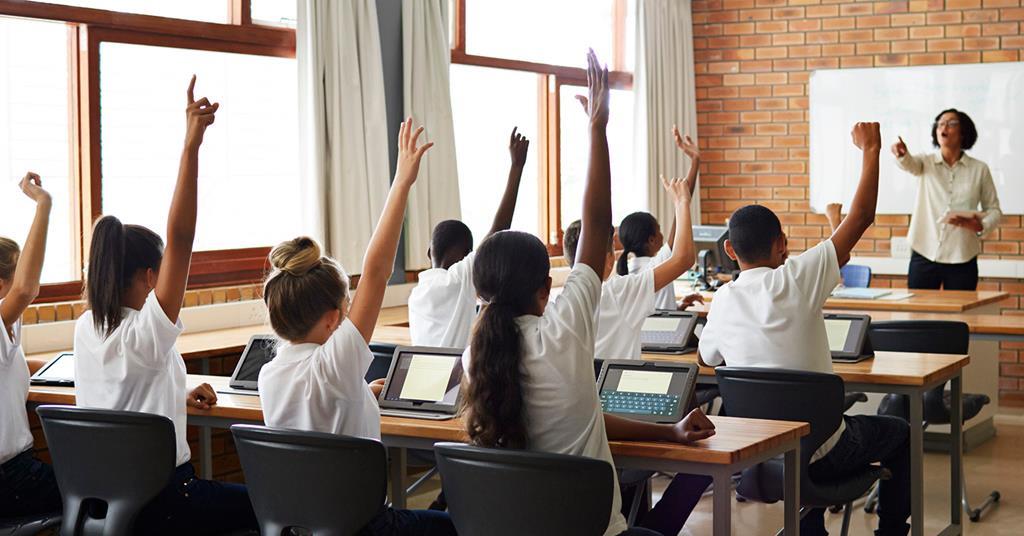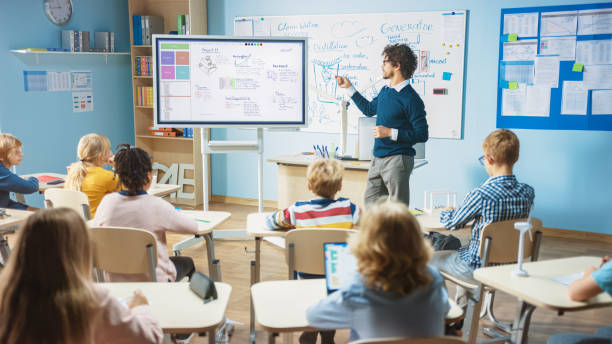Find the Best Primary Science Tuition Singapore for Enhanced Learning
Find the Best Primary Science Tuition Singapore for Enhanced Learning
Blog Article
Checking Out the Different Teaching Strategies in Primary Science Education Today
The landscape of key scientific research education and learning is progressing, with different teaching strategies getting prominence in contemporary classrooms. Inquiry-based understanding, hands-on experiments, and the assimilation of technology are redefining how teachers engage young minds. In addition, joint techniques and distinguished guideline are being utilized to accommodate the diverse requirements of students, improving both engagement and understanding. As we take a look at these approaches, questions arise about their efficiency and the implications for future academic practices. What might these shifts in technique mean for the future generation of students?
Inquiry-Based Discovering
Inquiry-Based Understanding (IBL) is an instructional approach that encourages students to discover scientific ideas through wondering about, examination, and hands-on trial and error. This technique stresses the function of pupils as energetic participants in their discovering, advertising crucial thinking and analytic abilities. By engaging with real-world inquiries, students end up being curious and inspired, which improves their understanding of scientific principles.
In IBL, teachers work as facilitators, assisting students as they navigate their questions as opposed to supplying information straight. This student-centered approach permits differentiation, accommodating different discovering rates and designs. Students create abilities in formulating theories, developing experiments, and assessing information, which are important for scientific literacy.
In addition, IBL promotes collaboration amongst trainees, encouraging them to share ideas and findings. This cumulative query advertises social abilities and a feeling of neighborhood within the class. In addition, the process of questions encourages durability, as students learn to embrace failing as a stepping stone toward understanding.
Hands-On Experiments
Hands-on experiments are a vital component of effective scientific research education, enhancing the concepts of inquiry-based learning. These experiments allow students to engage directly with clinical ideas, cultivating a deeper understanding via experiential discovering. By manipulating materials and observing end results, young learners can understand abstract concepts in tangible ways.
Such activities promote essential reasoning and analytic skills, as students hypothesize outcomes, conduct experiments, and evaluate outcomes. This procedure urges them to ask concerns, refine their understanding, and establish a scientific attitude. Hands-on experiments can be customized to diverse discovering designs, ensuring that all pupils have the opportunity to involve meaningfully with the material.
Moreover, hands-on experiments often motivate cooperation amongst peers, advertising synergy and interaction skills. Operating in groups makes it possible for students to share ideas, review searchings for, and learn from one another, which improves their total academic experience.
Including hands-on experiments right into the key scientific research curriculum not just enriches the learning setting but also cultivates a lifelong passion in scientific research. By proactively participating in their education and learning, trainees are most likely to establish an enthusiasm for clinical inquiry that prolongs past the classroom.

Modern Technology Integration
Incorporating innovation right into primary scientific research education and learning has become significantly necessary in promoting student engagement and improving discovering results. The use of electronic tools, such as interactive simulations, online laboratories, and educational software application, supplies pupils with possibilities to check out scientific concepts in ingenious methods. These resources assist in a much deeper understanding of complex subjects by enabling learners to envision and manipulate variables that would be unwise in a typical classroom setting.
Additionally, modern technology integration encourages personalized discovering experiences. Students can proceed at their very own pace, revisiting challenging principles through multimedia sources, which accommodate various discovering styles. This versatility not just supports private growth however likewise cultivates a feeling of autonomy in learners.
Additionally, modern technology functions as a bridge to real-world scientific research, linking trainees with existing study and specialist contributions. Access to scientific journals and online data sources broadens students' viewpoints on scientific questions and cultivates critical believing skills.
Collaborative Discovering
Collective understanding plays an important function in main science education by fostering team effort and communication skills among pupils. This strategy motivates students to collaborate, share knowledge, and take part in analytical, which enhances their understanding of scientific ideas. By taking part in group tasks, pupils discover to express their concepts, listen to diverse perspectives, and negotiate solutions, every one of which are essential abilities in both academic and real-world contexts.

Research study shows that collaborative learning can result in raised inspiration and involvement in science subjects, as students find satisfaction in shared experiences (primary science tuition Singapore). Furthermore, this method prepares pupils for future collective undertakings, outfitting them with the abilities needed for efficient team effort in higher education and learning and specialist settings. Eventually, accepting collective knowing in primary science education can dramatically improve the discovering experience and promote a much deeper understanding of scientific questions
Differentiated Direction

Distinguished guideline can materialize in various means, such as differing the content, procedures, or items of learning. Educators might utilize tiered tasks that offer differing degrees of complexity, allowing trainees to work at their respective readiness degrees. Additionally, versatile organizing methods can facilitate partnership among pupils with various capacities, promoting peer knowing.
Assessment plays a vital duty in this strategy, as it informs direction and assists instructors understand each pupil's distinct requirements. Developmental analyses, such as monitorings and tests, can guide educators in adjusting their methods to enhance finding out results. primary science tuition Singapore. Eventually, by applying separated direction in main scientific research education and learning, instructors can grow a more reliable and fair learning atmosphere, equipping all trainees to reach their complete potential in comprehending scientific phenomena
Conclusion
In recap, the varied teaching strategies in primary scientific research education, consisting of inquiry-based learning, hands-on experiments, technology combination, collaborative understanding, and link separated guideline, collectively add to an extra effective learning setting. These approaches advertise vital reasoning, analytical abilities, and a deeper understanding of scientific concepts. By carrying out these methods, educators can produce helpful and interesting class that deal with click here for more the different requirements of pupils, eventually fostering a long-lasting passion in science and boosting scholastic success.
Inquiry-Based Learning (IBL) is a pedagogical strategy that urges pupils to check out scientific concepts with doubting, investigation, and hands-on testing.Collaborative discovering plays an important function in main scientific research education by cultivating team effort and interaction abilities amongst pupils.Research study suggests that joint understanding can lead to raised inspiration and engagement in scientific research subjects, as pupils find enjoyment in common experiences.In promoting an inclusive understanding atmosphere, set apart direction arises as a crucial strategy to fit the varied demands and capacities of pupils in key science education. Inevitably, by carrying out differentiated instruction in primary scientific research education and learning, instructors can cultivate a more fair and reliable learning atmosphere, equipping all students to reach their full potential in comprehending clinical sensations.
Report this page